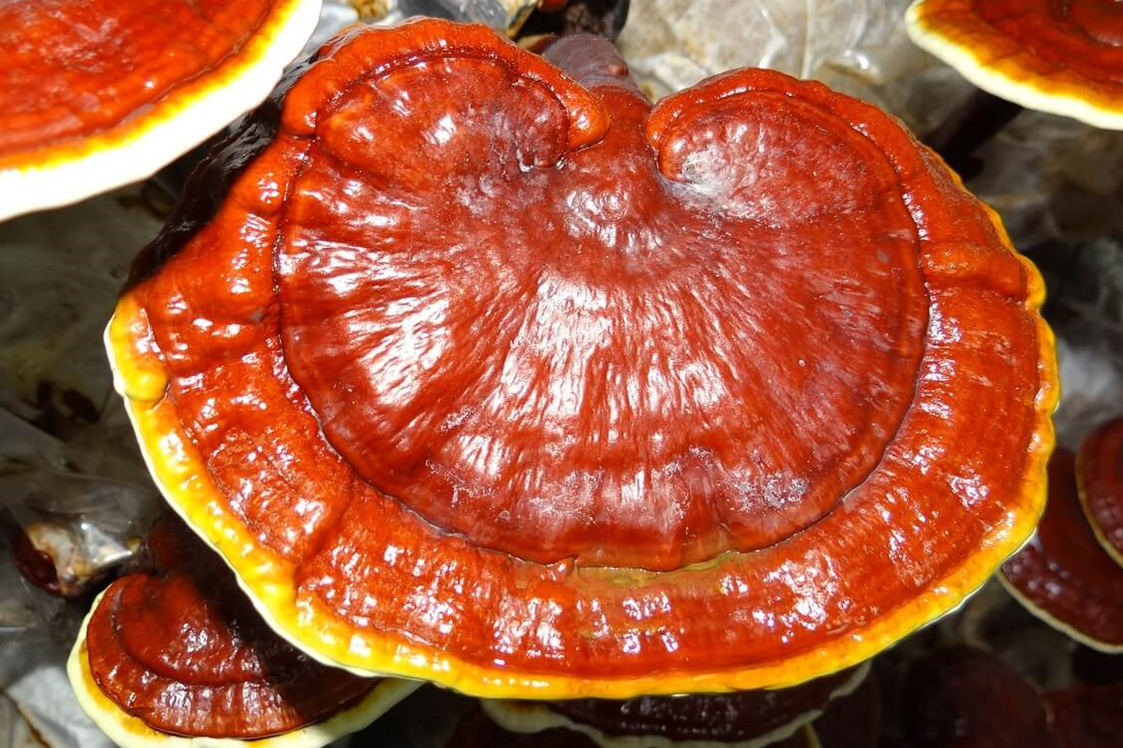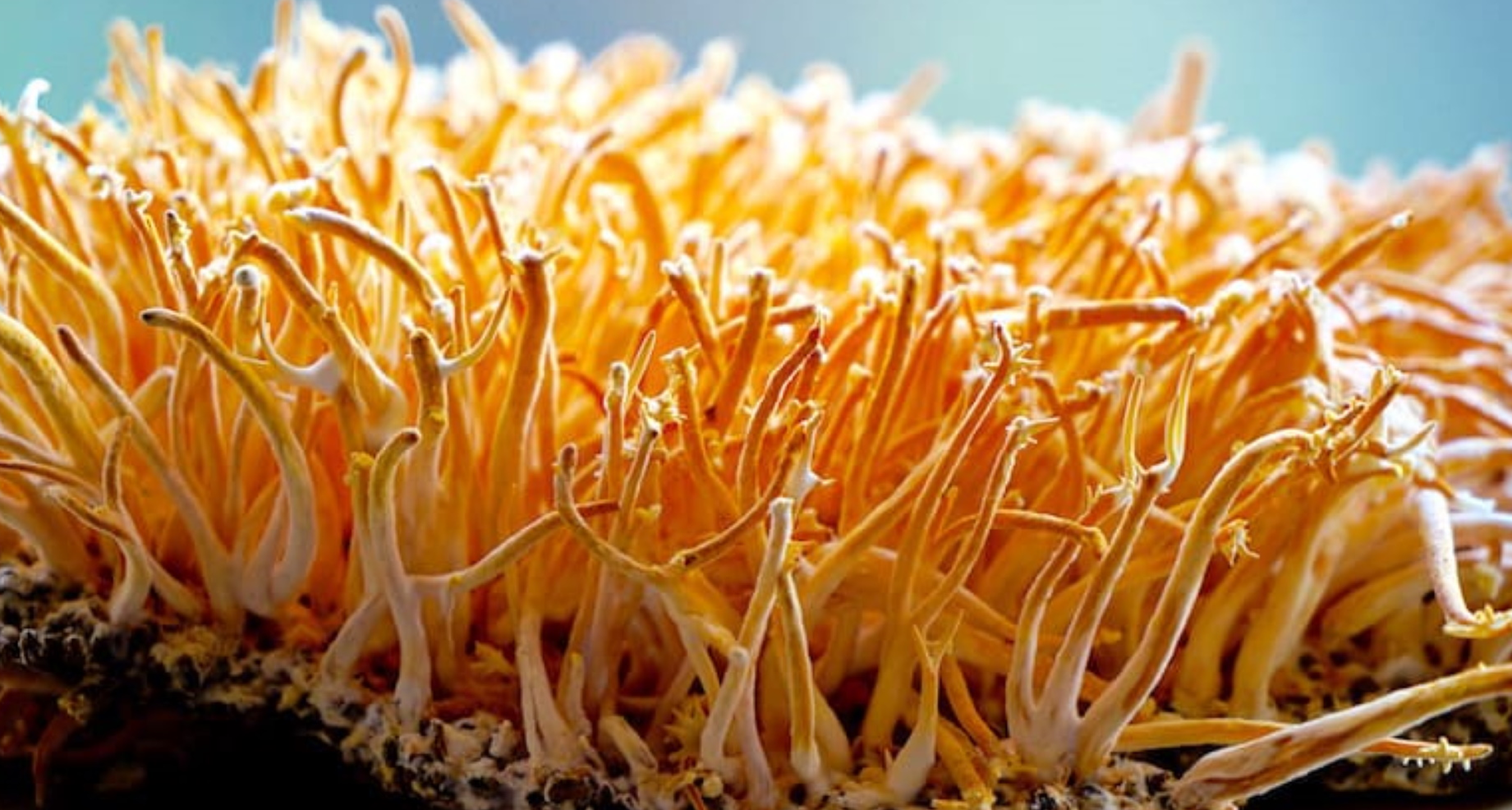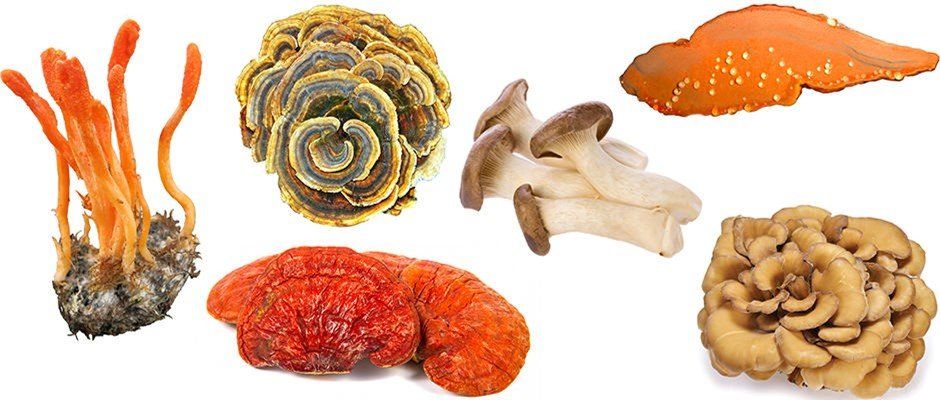Sarcoidosis
Add CBD to your fight

It is estimated 10 to 15 out of every 100,000 Americans develop Sarcoidosis annually. According to the Mayo Clinic, Sarcoidosis is characterized by the growth of tiny collections of inflammatory cells called granulomas in any part of your body. It can affect your skin, eyes, heart, and other organs but is most typically seen in the lungs and lymphatic system. Sarcoidosis affects every age, sex, and race and is typically diagnosed between the ages of 20-40.
What is a granuloma?
A granuloma is a structure formed by the collection of immune (inflammatory) cells. These are typically benign. Granulomas form when your body is unable to eliminate a substance perceived as foreign. The granuloma forms a wall around the foreign substance and triggers an inflammatory response. While granulomas are typically benign (non cancerous), if they grow large enough they can damage organs and tissue, causing chronic organ inflammation, and sometimes needing surgical intervention. When a granuloma stays in place after the "invader" has been expelled it is called Sarcoidosis.
What causes Sarcoidosis?
The exact cause of Sarcoidosis is unknown, but most research points to abnormal immune system response. Researchers are still trying to answer questions such as how heredity, environment, lifestyle, etc. affect the development, length, and severity of the disease.
Some of the things research is looking at as possible causes for Sarcoidosis are
- Fungi
- Bacteria
- Chemicals
- Dust/Pollution
Is Sarcoidosis a chronic condition?
Sarcoidosis is typically not disabling and most people with this disease go on to live completely normal lives. In about 20-30% of cases there is long term damage to the lungs, and in about 10-15% of people the disease is chronic. Many times Sarcoidosis will develop and resolve on it's own, sometimes without ever being properly diagnosed.
What are the risk factors for Sarcoidosis?
- Age : Sarcoidosis most commonly affects people between the ages of 20-40
- Race/Ethnicity : Reported rates of Sarcoidosis among African-Americans is an estimated 3 to 4 times higher than Caucasian people.
- Family History : This is still a hotly debated topic, but those with a family history of Sarcoidosis may be at a higher risk than those with no family history.
- Sex: It is pretty common for women to be affected more by most inflammatory conditions and Sarcoidosis is no exception. Women, especially those over 50, are at a higher risk of developing Sarcoidosis.
What are the signs and symptoms of Sarcoidosis?
Symptoms of Sarcoidosis can vary wildly from person to person and can vary depending on the size and location of granulomas and the size of the organ involved. You will only notice symptoms when granulomas have become invasive. Some other signs and symptoms of Sarcoidosis include:
- Joint Pain & swelling
- Rash/Bumps on the skin that can be tender
- Red/teary eyes and blurred vision
- Cough
- Shortness of breath/wheezing
- Fever
- Weight Loss
- Abnormal heart rhythm
- Fever
- Depression
- Weight loss
In some people, symptoms can be severe and appear suddenly and subside just as quickly. Some people may have organ involvement and never experience symptoms. It can vary wildly with each person.
What are the long term affects of Sarcoidosis?
The long term affects of Sarcoidosis are different with each person but for some people the diagnosis can lead to long term problems. The following are some of the complications that can occur with a Sarcoidosis diagnosis.
- Lungs: Left untreated, Sarcoidosis can lead to pulmonary fibrosis which is a permanent scarring of the lungs. This can make it hard to breathe and lead to pulmonary hypertension.
- Eyes: Inflammation can affect any area of the eye and cause damage. In rare cases Sarcoidosis can lead to damage to all or part of the eye, cataracts, glaucoma, & blindness.
- Heart: Granulomas can develop in the heart leading to abnormal heart rhythm, and blood flow. In rare and/or untreated cases it can lead to death.
- Kidneys: Granulomas can affect the way our bodies process calcium. This can lead to kidney stones in some cases.
- Central Nervous System: It is rare, but some Sarcoidosis patients develop granulomas in the brain and spinal cord that can interrupt vital signals going to the body. This can result in neuropathic pain, facial paralysis, numbness, etc.
Can CBD help ease the symptoms of Sarcoidosis?
If you ask my customers who suffer with Sarcoidosis, the answer is yes. First of all CBD is a very powerful anti-inflammatory and at the very least can help your body to keep inflammation down all over your body on a cellular level helping to reduce pain. Many people are able to drastically decrease medications such as steroids and methotrexate, decreasing the stress on the liver that can also lead to inflammation. CBD also protects and supports your immune system. This can reduce the amount of immune cells that form granulomas. Immune system support & protection can also lower oxidative stress and cell death that can lead to widespread inflammation. The bottom line is if you or someone you know suffers from Sarcoidosis, adding CBD to your life will aid your body to be in better balance. We all have an
Endocannabinoid System that is amazing in it's complexity beautiful in it's simplicity. A body in balance is a body that is happier.
Rustic Oils CBD Of Lee's Summit LLC Blog










